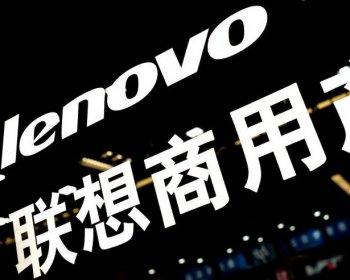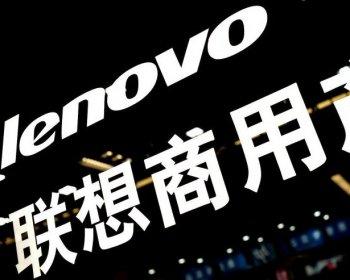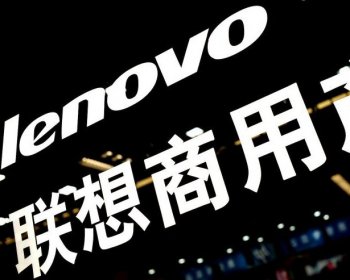Lenovo, Chinese Computer Giant, Sued For Patent Infringement
Chinese computer giant Lenovo, accused of Patent Infringement by Reflex Packaging for stealing its design.

The Logo of Lenovo is displayed at a computer center in Shanghai on August 19, 2010. Lenovo has been accused of patent infringement by Reflex Packaging for stealing its packaging design. Philippe Lopez/Getty Images
|Updated:
Matthew Robertson is the former China news editor for The Epoch Times. He was previously a reporter for the newspaper in Washington, D.C. In 2013 he was awarded the Society of Professional Journalists’ Sigma Delta Chi award for coverage of the Chinese regime's forced organ harvesting of prisoners of conscience.
Author’s Selected Articles






